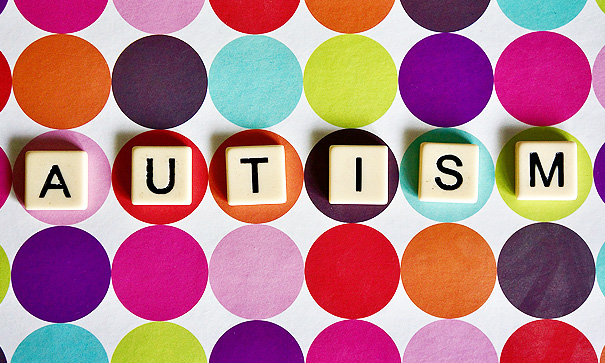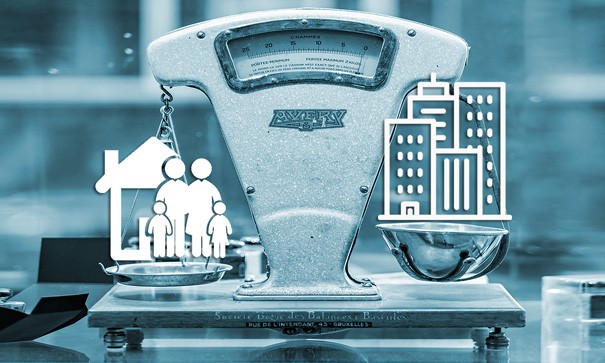How Does Executive Function Coaching work? Executive Functions (EF) are the cognitive/thought processes we all use to enable us to get things done, to ‘execute’ everything from basic day-to-day tasks through to complex projects.
We use these skills in all areas of life, from getting through the working day efficiently, to staying on top of our home and personal life. As Individuals, we are not born with all of these skills, they will develop over a person’s life and on average reach full maturity in their early adulthood.
We all have strengths and weaknesses in our Executive Functions and even though EF challenges are associated with types of neurodivergence such as ADHD, Autism spectrum disorder (ASD), dyslexia, disabilities and learning difficulties, neurotypical people with no diagnosis can also struggle with EF weaknesses.
For many people with these issues, it is not unusual to become
An Executive Function Coach can help you find practical strategies that work for you. They will help you to develop new routines and support you to create and sustain habits that result in life running more smoothly, allowing you to feel calmer, more in control, and able to self-manage. Below are some useful examples of executive functions a coach can help clients with.
Our Executive Function skills help us:
- Plan and organise tasks, from working out how long a task will take to identifying the steps we need to take to get there
- Prioritise what is most important to do first
- Get us started on a task/goal
- Help us focus and maintain our attention to keep going with a task
- Self-monitor in order to complete the task
Executive Function Coaching could help you if:
- You constantly feel busy but don’t achieve what you want
- You procrastinate, then if and when you eventually start a task, you find it difficult to keep going and are easily distracted
- You find everything takes longer than you think it should
- You end up feeling overwhelmed, exhausted, and even a failure
***If you feel you need some help with getting therapy contact us using the form at the bottom of this page and someone will guide you through the process.***














